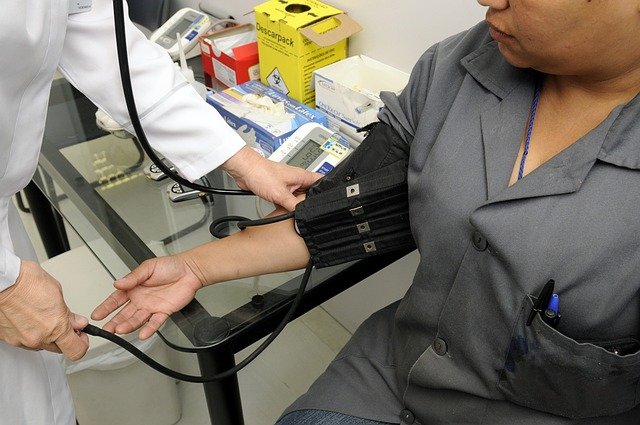The Ultimate Guide to Testosterone Replacement Therapy
Testosterone Replacement Therapy (TRT) is becoming a popular solution for those with low testosterone. It can significantly boost energy, mood, and quality of life. Understanding how TRT works—its benefits, risks, and more—can help you decide if it’s right for you. This guide covers all the essentials.

What Exactly Is Testosterone Replacement Therapy?
Testosterone Replacement Therapy is a medical treatment designed to address low testosterone levels in adult males. This condition, often called hypogonadism, can significantly impact physical, mental, and emotional well-being. TRT works by introducing supplemental testosterone to restore hormone levels to a healthy range, helping men regain vitality and address multiple health challenges.
How Low Testosterone Affects Daily Life
Low testosterone can dramatically influence multiple aspects of daily functioning. Men may experience reduced energy levels, decreased muscle mass, increased body fat, and diminished sexual drive. Cognitive impacts include mood swings, depression, and difficulty concentrating. These symptoms can create cascading effects on personal relationships, professional performance, and overall life satisfaction, making TRT a potential game-changing intervention.
Natural vs. Synthetic Testosterone Treatments
Testosterone replacement approaches vary between natural and synthetic methods. Natural treatments might include lifestyle modifications like exercise, diet changes, and stress management. Synthetic treatments involve medical interventions such as injections, gels, patches, and pellets. Each method has unique advantages and potential side effects, requiring careful consultation with healthcare professionals to determine the most appropriate approach.
Who Is a Good Candidate for TRT?
Ideal TRT candidates typically demonstrate clinically low testosterone levels confirmed through comprehensive blood tests. Common indicators include persistent fatigue, reduced libido, muscle weakness, and mood disturbances. Men over 40 experiencing these symptoms should consult endocrinologists or urologists to evaluate their hormonal health and potential treatment options.
Understanding TRT Benefits and Potential Risks
TRT benefits can include improved energy levels, enhanced muscle strength, better mood stability, and increased sexual function. However, potential risks exist, such as potential cardiovascular complications, prostate health concerns, and hormonal imbalances. Comprehensive medical screening and ongoing monitoring are crucial to ensuring safe and effective treatment.
TRT Providers and Cost Considerations
| Provider | Treatment Options | Average Cost Range |
|---|---|---|
| UrologySpecialists | Injections, Gels | $500-$1,200/month |
| HormoneTherapyClinics | Comprehensive Programs | $800-$1,500/month |
| TelemedicineServices | Online Consultations | $300-$900/month |
Prices, rates, or cost estimates mentioned in this article are based on the latest available information but may change over time. Independent research is advised before making financial decisions.
Testosterone Replacement Therapy represents a nuanced medical approach to addressing hormonal imbalances. While promising, it requires careful medical supervision, personalized treatment plans, and ongoing health monitoring to ensure optimal results and patient safety.
This article is for informational purposes only and should not be considered medical advice. Please consult a qualified healthcare professional for personalized guidance and treatment.




